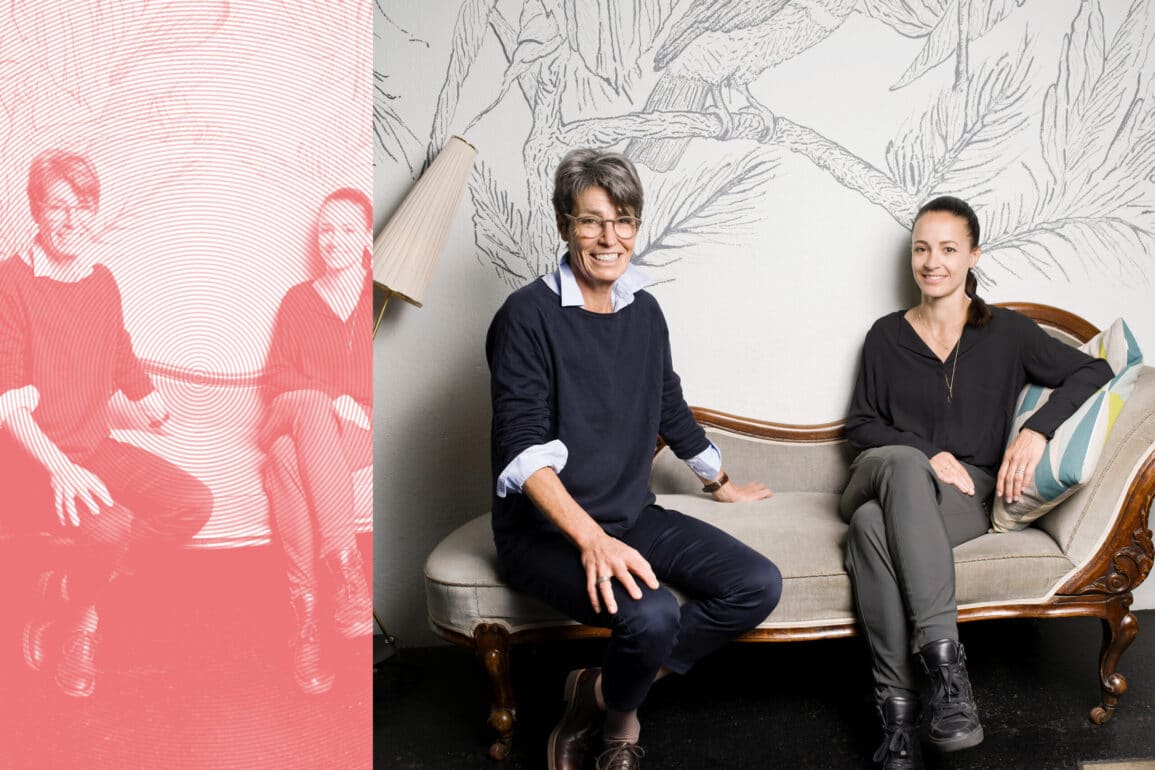Monique Bär is the founder of the arcas foundation, which supports projects focused on integration, exercise and equal opportunities. When assigning funding, it aims for clear dialogue and collaboration – two things it wants to promote among foundations.
‘Self-confidence and integration also have a physical component. It feels extremely good to explore and understand your own body,’ says Monique Bär, patron and president of the arcas Foundation. In her philanthropic activities – in the past and now – integration, movement and equal opportunities are always at the centre. Her very first charitable engagement was with the Robinson Children’s Circus in Zurich, where she also got involved herself. She was president for ten years. Robinson Children’s Circus teaches young artists important life skills by means of such aspects as movement, social integration and sport. ‘Through the performance opportunities and stage presence, the children can develop a new kind of self-confidence,’ Monique Bär tells us. SPORTEGRATION, a current migration project, shares the same focus: building self-confidence and the integrative aspect. All over the world, people play football, they box and run. You do not need a language for that, you can just do it together, Monique Bär notes. And Annina Largo, managing director, initiator and herself a coach at SPORTEGRATION, sums it up as follows: ‘Sports training sessions are the ideal setting to connect with each other’. She launched the non-profit association SPORTEGRATION in the summer of 2016. At that time, the refugee crisis was on everyone’s lips. ‘After long deliberation on how I could contribute, I came up with what seemed to me the most obvious thing to do: offer sports classes, because that’s what I’ve been doing for a long time – fitness boxing in gyms,’ Annina Largo recounts. It soon became clear that the refugees had a great need for exercise. Annina Largo’s idea of offering training once a week was quickly surpassed. Even the very first training session in a room provided free of charge by friends in the old Löwenbräu silo (Silosilo) in Zurich was fully booked. The association grew quickly with more coaching sessions, more participants and the involvement of volunteers.
No distinctions
With its training sessions, SPORTEGRATION creates a low-threshold platform for people to get to know each other and for refugees and locals to meet and connect. ‘It doesn’t matter what language you speak, what country you come from or what your financial circumstances are – everyone is welcome,’ the managing director emphasises, ‘in a place where there are no hurdles, where there is a positive atmosphere and where there is no distinction between locals and refugees, people join together best and most easily.’
When a whole group from the association participates together in a sporting event like the Zurich Marathon, people have a great time and there is a lot of laughter. ‘It is not so much about our participants being among the fastest or in the front ranks, it’s about the shared experience.’
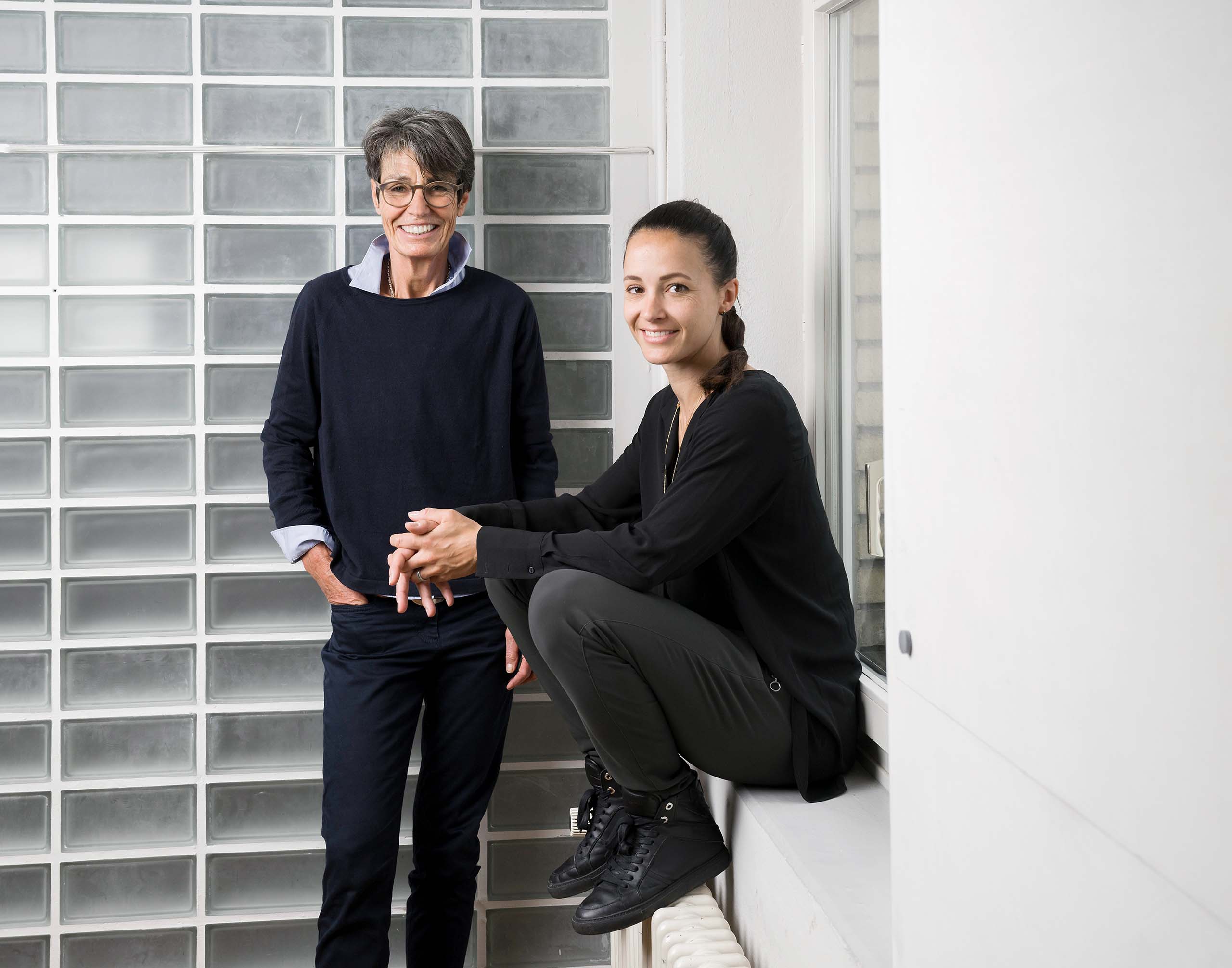
Monique Bär, founder of the arcas foundation, together with Annina Largo, initiator of SPORTEGRATION: a modest application paved the way to working together.
Mentoring programme
In addition to its main activity, the sports coaching, SPORTEGRATION started early, ‘as a side-line’, with school courses and a mentoring programme. These offers, including computer courses, arose out of the urgent needs among the participants. Communication with the participants is pragmatic and uncomplicated via WhatsApp groups, info mails, social media or on site at lunch tables and events. Hundreds of refugees are reached in this way. When asked if the war in Ukraine will have an impact on SPORTEGRATION, Annina Largo answers yes and no. Yes, because the demand for sports offers will increase even faster than assumed. ‘Accordingly, a lot of work is coming our way, because we want to do our best to reach as many refugees as possible.’ No, because the association doesn’t care where the refugees come from and the essence of the work remains unchanged.
Owing to the great demand, the association wants to strengthen and further expand its services in the canton of Zurich this year. SPORTEGRATION also wants to cautiously push ahead with the pilot project in Bern. ‘In the medium term, we expect to reach out to other cantons,’ she says. ‘Our motto is: together we are better. So we hope to find more time again for awareness-raising work, to draw attention to the situation and difficulties of refugees here in Switzerland and to break down prejudices.’
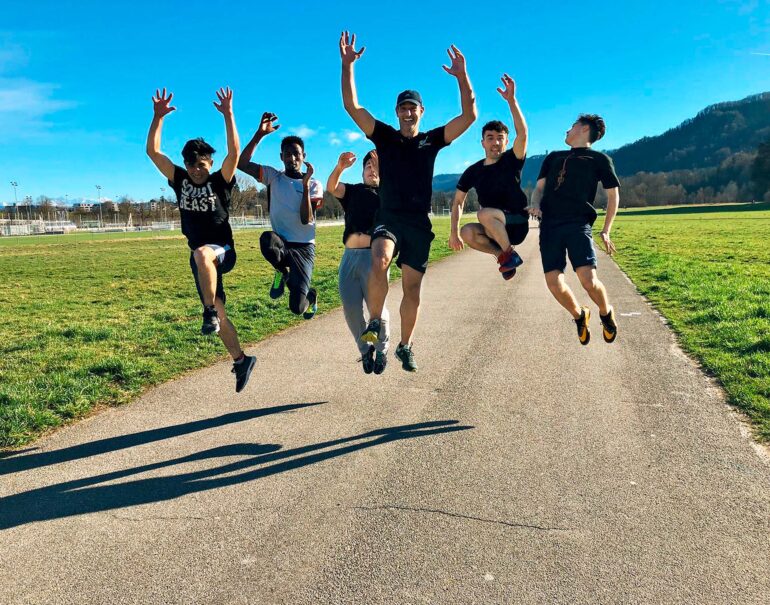
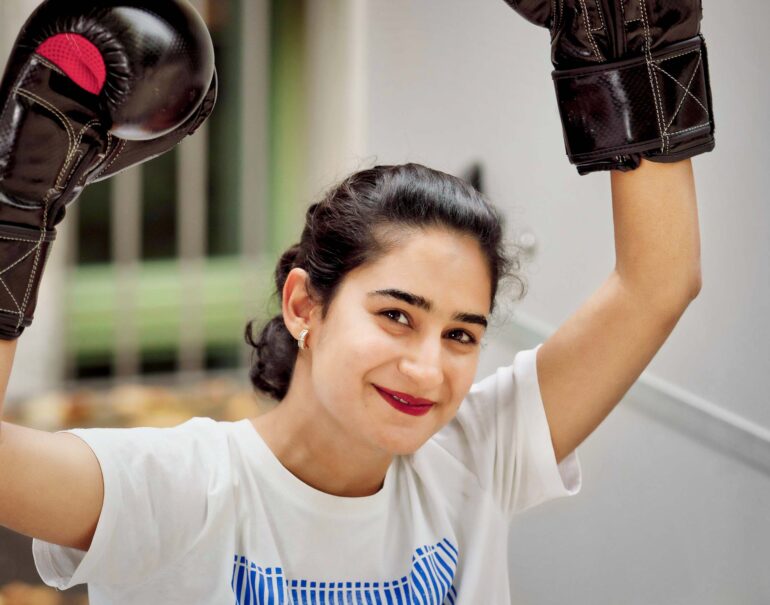
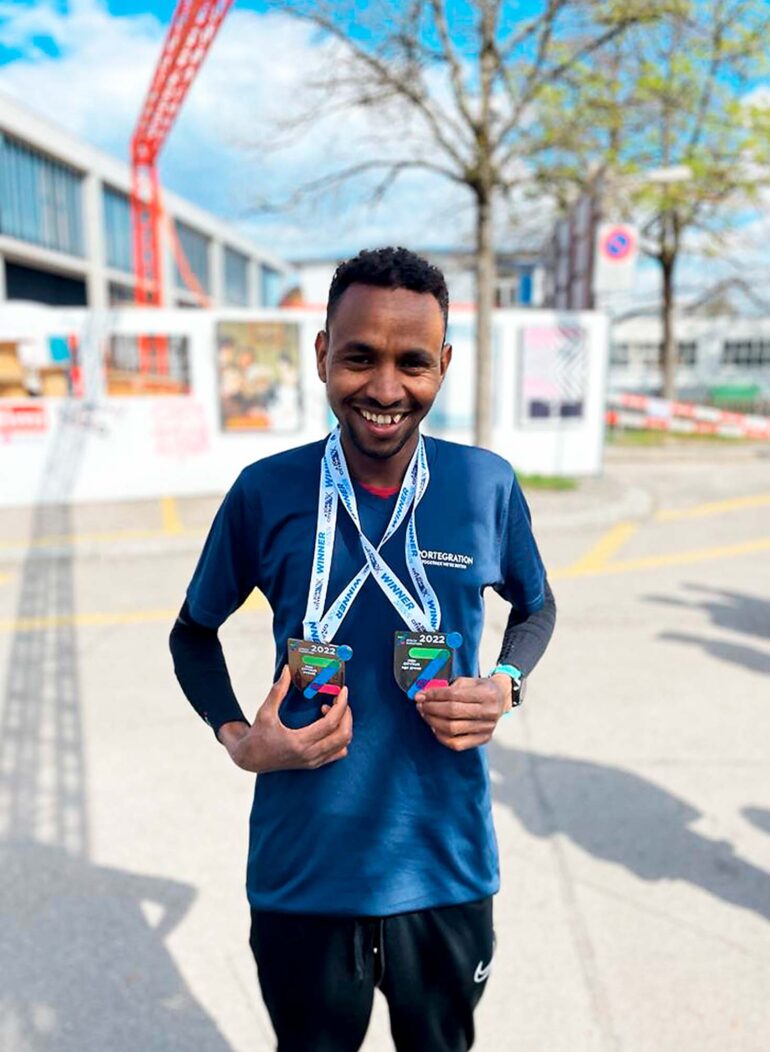
It’s the human element that counts
‘The most important thing is that you find each other, that you fit together on a human level,’ says Monique Bär. The beginning of the shared journey with SPORTEGRATION was unremarkable. It all started with a modest application. But it packed a punch and fitted perfectly with the arcas Foundation’s themes of integration and equal opportunities. ‘We realised right away that this was a great undertaking’, she says. She is impressed by SPORTEGRATION’s approach: as simple as possible, no hurdles, so that many people feel included. Monique Bär enjoys being closely involved in the project. She values the exchange with the project team, but draws a clear dividing line: ‘I don’t make decisions or work with them, that would clearly be interference, in my opinion,’ she says. Her contribution to SPORTEGRATION is networking wherever she can. She describes herself as a team player; she likes to exchange ideas or share experiences. This also applies to her work on the Foundation Board. ‘Sparring partners are extremely important to me,’ she adds. This also includes disagreement. She says: ‘I can reflect on my opinion much better if I can discuss it in a team and don’t have to decide alone. Besides, it’s much more fun to be in it together.’
Longer-term commitment
‘We want to be sustainable partners.’ And so, the arcas Foundation deliberately supports organisations as a whole rather than individual projects. ‘Foundations like to support new projects,’ she says. But that can lead to project owners ‘inventing’ new projects all the time in order to be able to maintain operations, she adds. ‘Some time ago, we therefore switched to supporting organisations directly. The organisation decides what happens with the funds. It requires mutual trust.’ This, she believes, makes it easier to build strong structures and a sustainable organisation. In order to be able to afford this partnership-based cooperation, the foundation has focused on a small number of projects. Currently, they are funding five larger projects. The foundation no longer accepts applications. ‘We only scout now. We have a watchful eye and a good network,’ she says. Besides, application management is very time-consuming if you want to do it respectfully. And in order to concentrate on the substantive foundation work, the arcas Foundation is now a ‘dependent foundation’ under the umbrella of the Fondation des Fondateurs.
Shaping from the given
Monique Bär finds balance in her art. To do so, she retreats to her ‘Hemetli’, her home, in Urnäsch. ‘Whether the weather is good or bad, I can do my own thing here,’ she says. That’s when she works on her sculptures. ‘I am a haptic person’. Her passion is to tease a shape out of a given piece. She works with wood and stone. Wood feels more alive to her. Stone, on the other hand, is easier to shape and it is more suitable for letting off steam – an ideal balance. In her work at the foundation, she relies on dialogue and collaboration, which she would like to initiate among the foundations. She says, ‘I think it would be absolutely necessary that we join forces where it makes sense to achieve something together given the challenges ahead. The time for going solo is over.’ Thus, in the context of the discussions on 50 years of women’s suffrage, the initiative ‘Geschlechtergerechter’ (More Gender Equality) was born. The non-profit association, now presided over by Monique Bär, addresses the faltering gender discourse in Switzerland. ‘The debate is highly polarised, but we urgently need solutions in various areas that are suitable for everyday life,’ she stresses, ‘we have to learn to talk to each other differently. There have to be more open debates in which more people and also men participate more effectively; that’s what we are getting off the ground now. We want to bring people together.’ Geschlechtergerechter is an initiative that invites everyone to join in or be inspired. The associated web platform geschlechtergerechter.ch, for example, provides an outline of the history of gender, there are current studies, articles on current topics, blog posts and there is space for debates.
«What happens with the funds is decided by the organization.»
Marlene Engelhorn
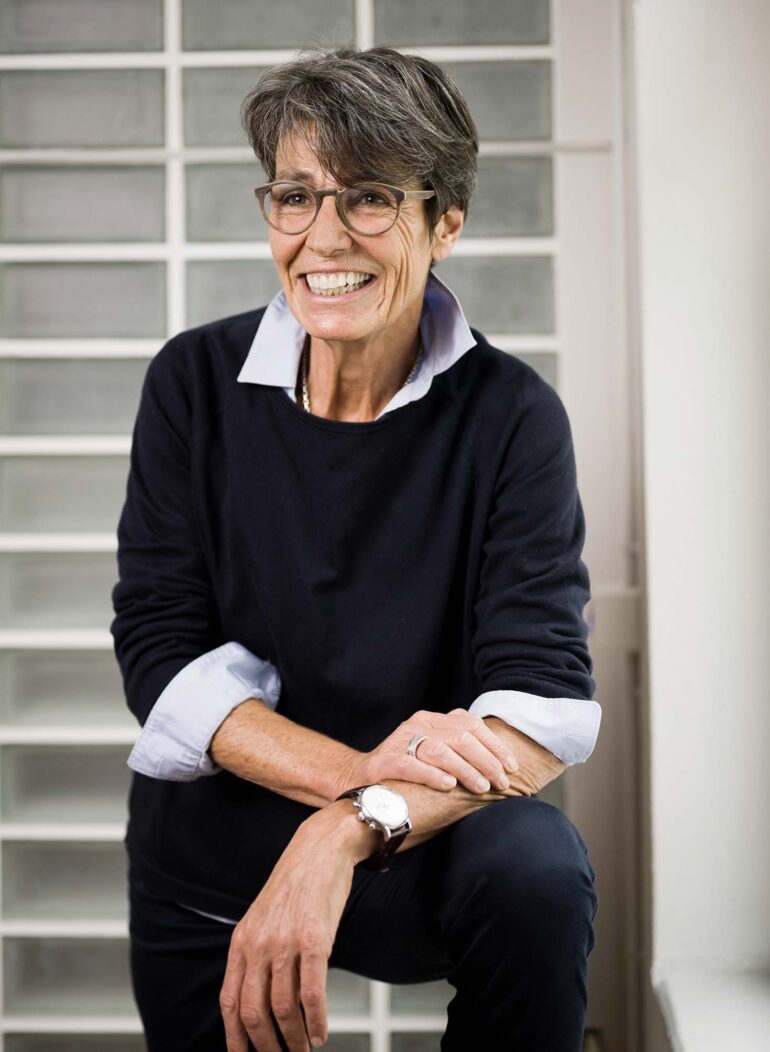
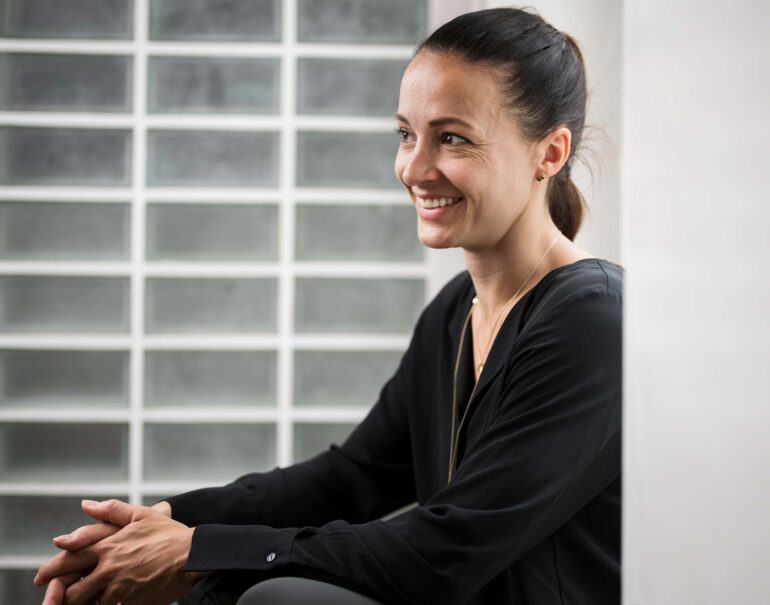
«It doesn’t matter what language someone speaks.»
Annina Largo
Doing justice to diversity
At the same time, however, the needs and operating modes of the different foundations must be taken into account. Each of them works differently. She remarks that even if certain key figures can be expected from every project, a business plan does not make sense for every foundation. ‘Especially projects in the social sector, like Geschlechtergerechter, will always depend on funding,’ she explains. That is why Monique Bär also adds: ‘What worries me is the impact mania. I firmly believe that when we embark on a project, it always has an impact. You can learn a lot from failed projects. They, too, have an impact.’ Monique Bär sees a certain amount of risk aversion in the focus on measurable impact. She considers it a hindrance if project outcomes need to be defined even before the project begins. Foundations can take risks. That’s an advantage. They can react faster than the government. Foundations can try things out and fail. And sometimes, says Monique Bär, all it takes are common sense and a good gut feeling. Then a modest, clear proposal and the realisation that it fits from a human point of view, are sufficient to realise a great project.

